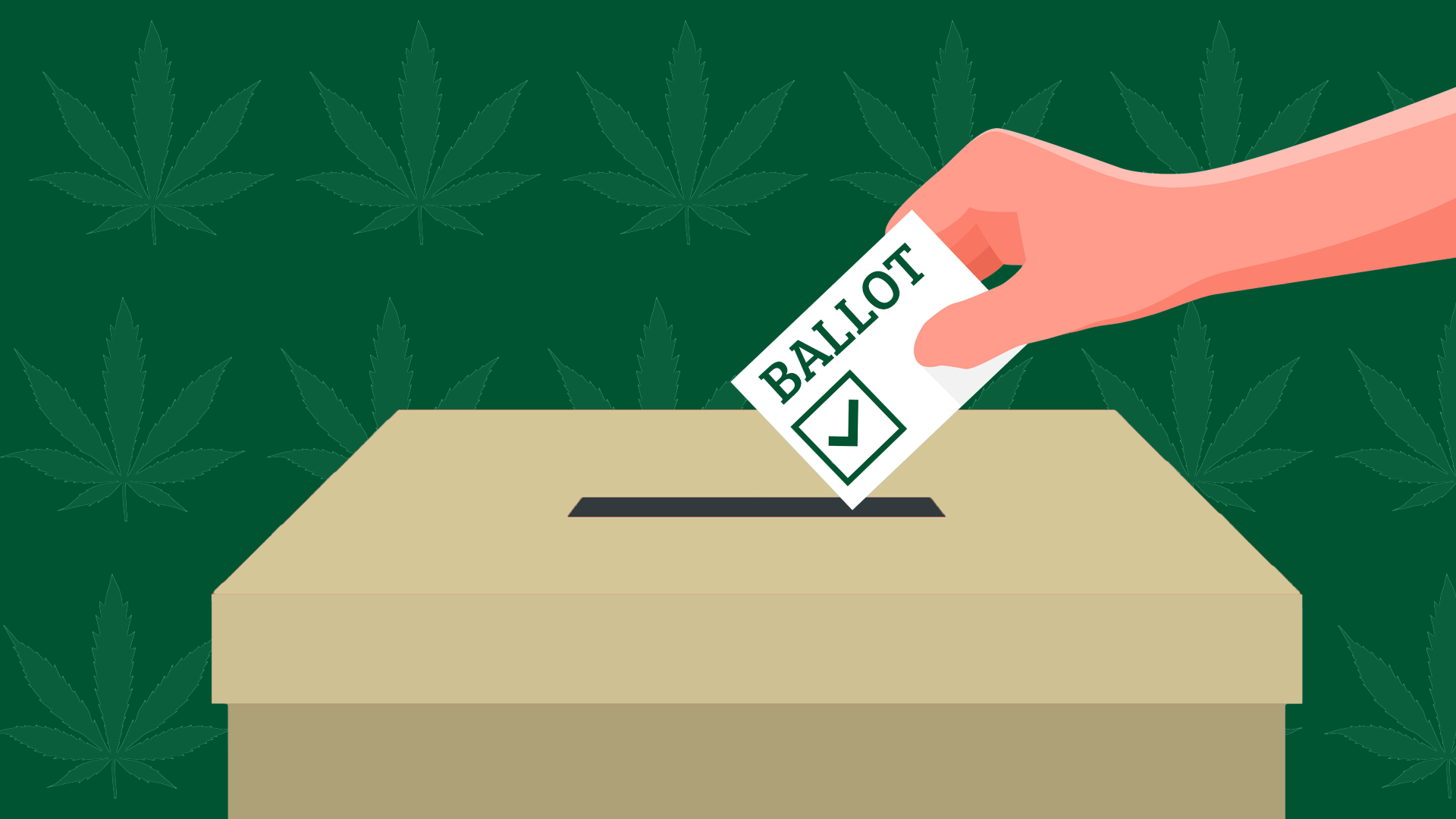Abortion and marijuana amendments are pressing concerns for USF students

Florida voters will have the opportunity to decide the future of abortion and marijuana use in the state this November.
Six amendments were approved at the beginning of April. These include amendment three, which addresses marijuana use, and amendment four, which addresses abortion.
The abortion and marijuana amendments are especially important to college students according to Tyler Tone, a senior economics and history major and president of the USF College Democrats.
“As far as political issues go, abortion and marijuana are among the closest to facts of life for college students,” he said.
Related: A USF student’s primary voting guide
Alongside the abortion and marijuana amendments, Florida voters will vote on whether the state will continue to match funds for state government positions.
They will vote on if fishing and hunting rights should be permanently protected by the state constitution and if the homestead tax exemption, offering a tax break for permanent residents, will be changed. The final amendment voters will decide on is if school boards elections will have candidates with political affiliations.
Amendment three will allow adults 21 and older to use marijuana for recreational purposes, expanding marijuana rights beyond those who qualify for medical use.
Like what you read? Donate now
Tone said he plans to vote in favor of the amendment.
“It would be in keeping with Florida’s independent character in a way that butts against some of the ways that [Gov. Ron DeSantis] has tried to make us a more republican state,” he said.
He said there is a “potential incongruency” when comparing alcohol to marijuana regulations and “in gray areas like that, you should side with liberty.”
Freshman nursing major Avah Ehlert said she didn’t realize recreational marijuana wasn’t already legalized in Florida, especially since it is legal in several states.
“I guess I kind of thought Florida already did,” she said. “It seems like a state that would have it legalized.”
Ehlert said she doesn’t see why recreational marijuana shouldn’t be legalized.
Lilia Peacey, a sophomore health sciences major, said she also plans to vote in favor of the recreational marijuana amendment.
“I believe that it should not have been illegal in the first place,” she said. “People have always been able to access alcohol regardless of the impacts it has had on society.”
Florida voters and students also have the opportunity to vote for the future of abortion access in the state. If voted for, amendment four will give Floridians a constitutional right to have an abortion before fetal viability, which is around 24 weeks, according to the National Library of Medicine.
An April state Supreme Court ruling determined that a six-week abortion ban is constitutional. The new ban will take effect May 1. The approval of amendment four in November could change this again.
Related: Students divided on six-week abortion ban
Peacey said she is personally pro-life, but will vote in favor of the amendment, taking a pro-choice stance on the ballot.
“Even though I am in favor of protecting life, even in the womb, I am not in favor of the government deciding what women can and cannot do,” she said.
Ehlert said she thinks the abortion amendment is difficult to decide on.
“I think that’s a hard one just because it is such a personal [topic],” she said.
She said she would “probably not” vote in favor of the abortion amendment because there is such a big jump between the proposed 24 weeks women have to get an abortion and the current six weeks.
Tone, a self-described “pro-choice maximalist,” said he also plans to vote in favor of the 24-week abortion ban.
“I believe the nature of the relationship between women and labor and developing fetuses is such that it is a self-regulating system,” he said.
He said women have a stronger incentive to keep a fetus as it gets closer to term. He described government restrictions on abortion as “clunky, blunt instrument(s) designed with rare edge cases in mind that cause all sorts of harm as collateral.”
Tone also said these “social” issues are the “most sensible” to have on the state ballot.
“Issues like this on the ballot are like the epitome of the system as a force for good,” he said.
However, while Peacey plans to vote on each amendment, she does not think these issues are the problems that should be prioritized.
“The fact that they care more about the unborn or marijuana usage more than the general population and majority is crazy to me and speaks volumes,” she said.
Instead, Peacey said lawmakers should be addressing the cost of living because it directly impacts college students and those who live in Florida.
“Literally anything but this topic could be fixed,” she said. “We should start with cost of living, then infrastructure, public transport, water facilities, healthcare, etc.”
These amendments, which will be voted on in the general election on Nov. 5, will require 60% of votes to be passed.
Early voting for the general election will begin Oct. 21 and continue through Nov. 2. The deadline to request mail-in ballots be sent is Oct. 26.







